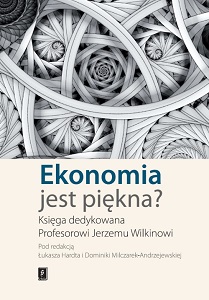
We kindly inform you that, as long as the subject affiliation of our 300.000+ articles is in progress, you might get unsufficient or no results on your third level or second level search. In this case, please broaden your search criteria.












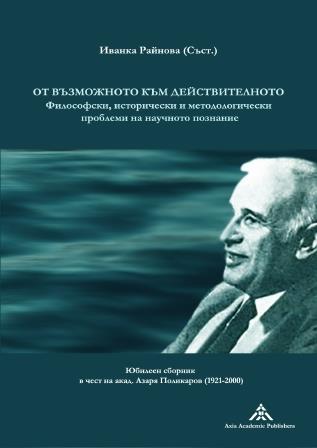
Science was an important factor in the "construction of socialism" in Bulgaria, and Prof. Azarya Polikarov played a significant role in this respect. He developed the so-called divergent and convergent method in solving of scientific problems and applied it to different sciences (history, logic, physics and cosmology as well as philosophy and philosophy of science). Among the results obtained in this way are: the possible and legitimate interpretations of the relations E = mc2; the relevant conceptions of determinism and causality in physics, the conceivable hypotheses about quasars, and the relations between empirical and theoretical knowledge. In addition, Polikarov made proposals for a metaparadigm of scientific development, for a typology or classification of the sciences, as well as a classification of interdisciplinary fields.
More...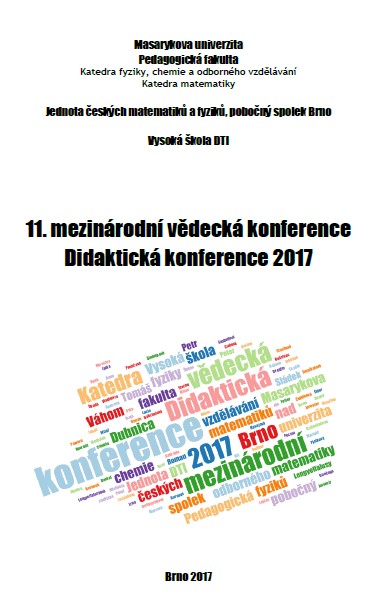
The scientific method represents a way of critical thinking. Science strengthens the ability to have an opinion founded more facts than personal feelings. We assume that scientific thinking provides many skills for cognitive development of every person. Those skills can be transferred to other learning and general social contexts. Our research study presents the university students opinions and ideas which could help identify the causes of the problem why students get taught so little about the science as whole?
More...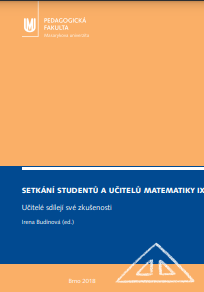
K zamyšlení nad tím, proč mají někteří žáci v matematice problémy, vyjděme ze dvou citátů Jana Amose Komenského: • Není zrcadla tak zdrásaného, aby se vypulírovati nedalo, proto raději začněme stokrát znovu, než se jednou vzdát. • Nad zlato dražší klenot je dítě, ale nad sklo křehčí. Snadno se může ublížiti a škoda odtud nesmírná.
More...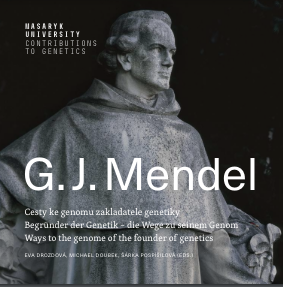
There are not many scientists who have managed to lay the foundations for an entire scientific field. And there are certainly not many who have achieved such a feat in this country. Therefore great respect is due Gregor Johann Mendel, considered the founder of genetics, who worked for most of his life in the Augustinian monastery at Old Brno and, on the basis of his experimental work, formulated the laws of heredity that are now called by his name throughout the world. However, Mendel was a much more interdisciplinary scientist, involved in many different fields. In addition to conducting thousands of challenging experiments investigating the inheritance of individual traits in peas, Mendel was also interested in meteorology, beekeeping and breeding. In addition, he also served as a priest, abbot of the St. Thomas Monastery, and even as a bank director. We can hardly imagine such a wide range of activities among contemporary scientists.
More...
Johann was born on 20 July 1822 in Hynčice, Silesia, into the family of German-speaking small farmers Anton and Rosina Mendel. He had an older and a younger sister (two of this other sisters died early in childhood). • From an early age, the boy was very curious. He found many stimuli in his father’s orchard and apiary. Already at elementary school, his teacher noticed his unusual interest in learning. From this time, his life took a course different from that which one might expect from his family background...
More...
From the very first stages of planning the project to study the genome of Gregor Johann Mendel, it was clear that if Mendel’s remains were found in the tomb, it would not be possible to unequivocally identify them without a reference genetic material. The Augustinian tomb at the Brno Central Cemetery, where Gregor Johann Mendel is buried, has been used for more than 150 years, and the coffins are placed there more or less anonymously, and not in any order.
More...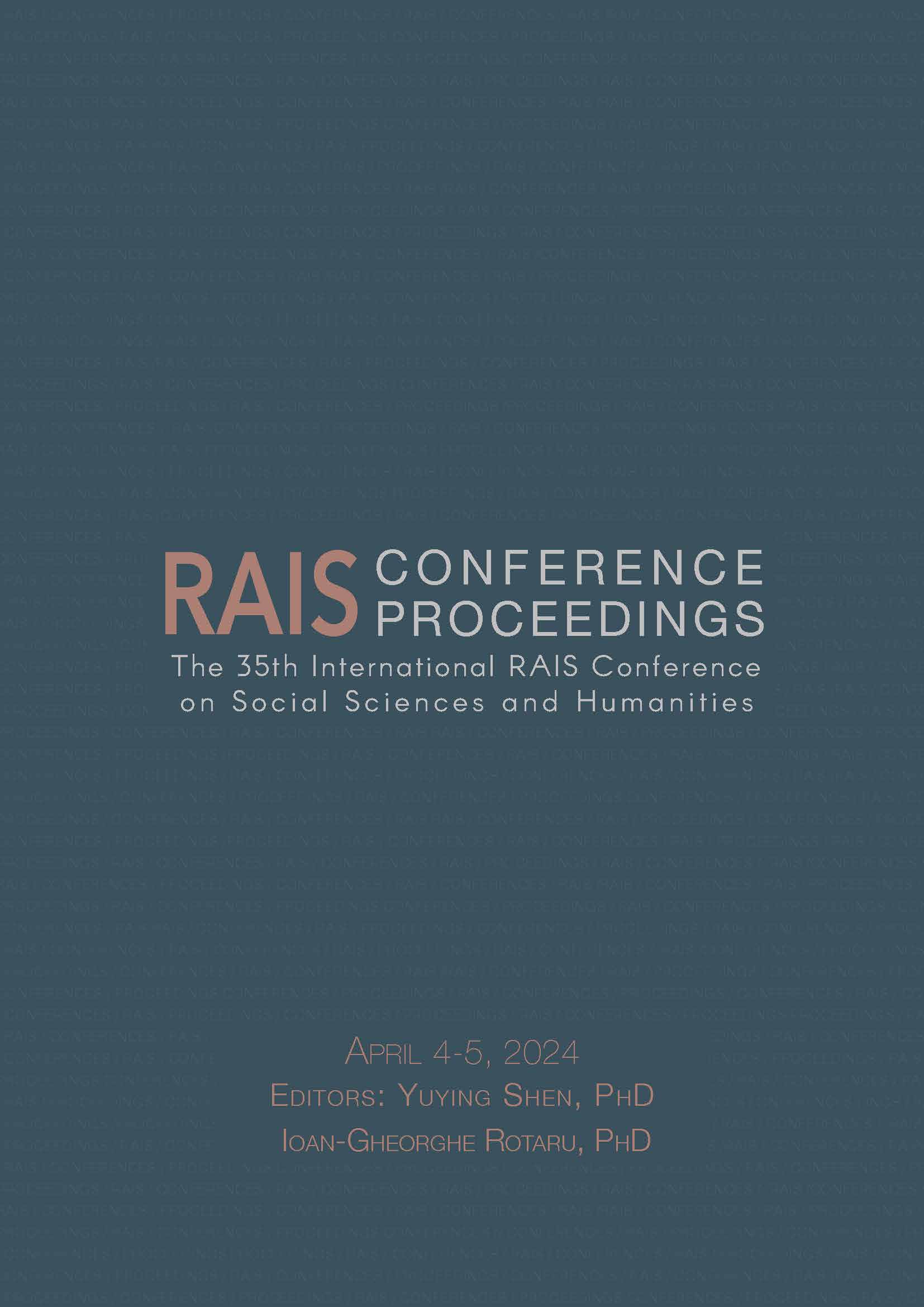
The proposition that science and morality are indispensable for the sustainability and prosperity of nations is an idea that finds broad support in academic and theological circles. The centrality of science to the advancement of our societies is self-evident, as the technological innovations that have arisen from scientific inquiry have enabled us to solve some of our most pressing challenges. However, the importance of morality is equally salient, as it provides a moral compass for our actions and decisions. In the absence of such ethical guidance, the fruits of scientific endeavor may result in unethical practices that ultimately cause harm to individuals and society as a whole. Thus, it is imperative that we continue to accord both science and morality the respect and attention they deserve, recognizing that they are fundamental to our pursuit of progress, prosperity, and sustainability.
More...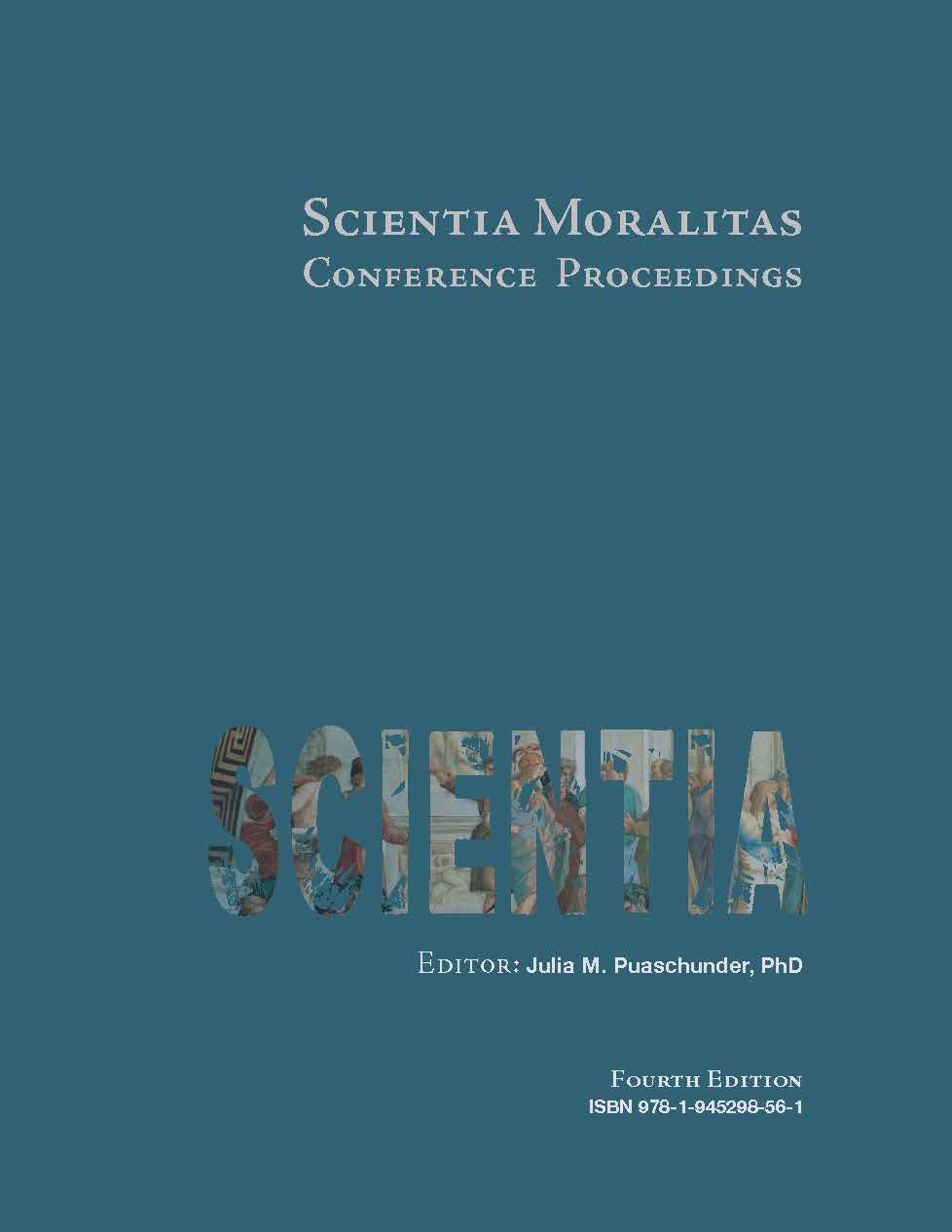
Drawing on the philosophy of science, this essay addresses ideological and epistemological heterogeneity in management and organization studies scholarship. The presented review and application of the meta-theory of scientific paradigms establish connections with prior controversies to delineate, deconstruct, and reappraise the current discourse in the pluralistic field of management and organization studies. Representing theories of society focusing on regulation (order) vs. radical change (conflict), and conceiving social science as concerned with objective vs. subjective realities, a classic taxonomy differentiates functionalist, radical structuralist, interpretive, and radical humanist paradigms. Scientific progress has transformed these into ontological, epistemological, and axiological configurations of post-positivist (normative, mainstream), interpretative (constructivist, hermeneutic), postmodern (dialogic, poststructuralist), and critical (dialectic, antagonistic) approaches. Associated meta-theorizing is applied to academic disputes involving critical management studies. Distinguishing degree and location, four fundamental and foundational inter- and intra-paradigmatic conflicts are analyzed: a) the evidence-debate between critical scholars and mainstream (post-)positivist functionalists; b) the performativity-debate within the field of critical management studies; c) the managerialism-debate between radical critical structuralists and poststructuralists; and d) the ideology-debate representing influences on adjacent fields, exemplified by an emerging critical paradigm in work and organizational psychology. Underlying dynamics are framed as fermenting and fragmenting forces, driving paradigm delineation, differentiation, disintegration, and dissemination. The developed meta-theoretical perspective facilitates self-reflexive scholarship, meaning-making, and knowledge-creation, promoting a deeper understanding and better navigation of the organizational literature as an ideologically contested terrain of social science.
More...